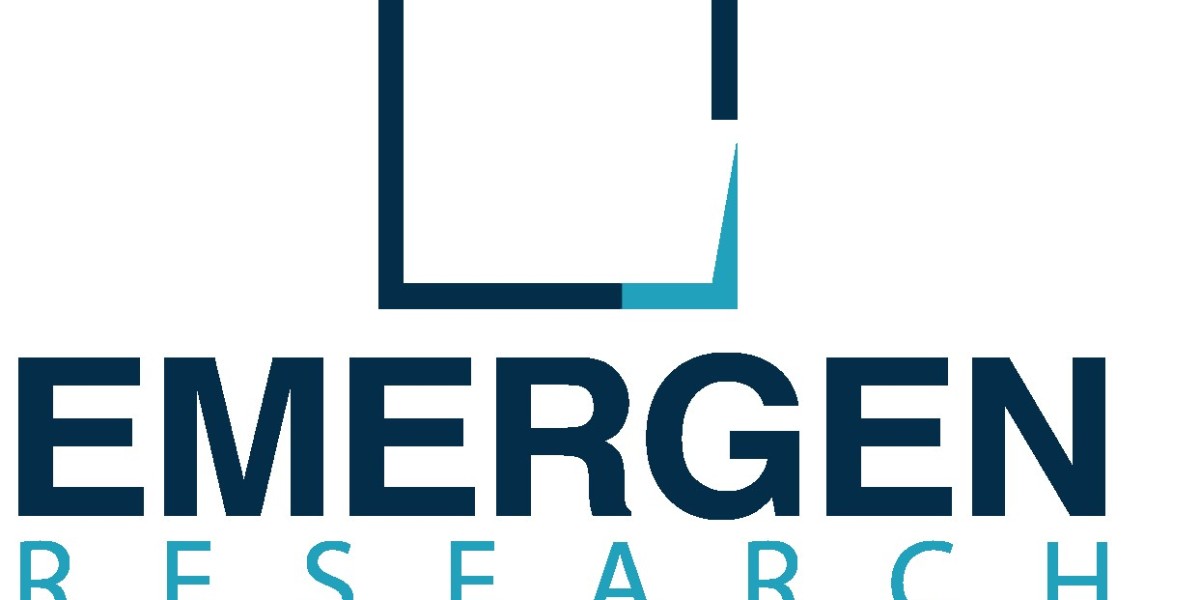In today’s highly competitive job landscape, technical skills alone are not enough to guarantee career advancement and success. In fact, employers are increasingly looking for candidates who have strong soft skills that go hand-in-hand with their technical skills.
‘Soft skills’ (also known as interpersonal skills or people skills are essential for effective communication, teamwork, and problem solving in the workplace. And, in this article, we will look into the reason behind developing soft skills, why it is important for career advancement and highlight the key skills that employers look for in their employees.
Soft Skills and why are they important for Career Development?
Soft skills are a broad category of personal characteristics and traits that allow individuals to interact effectively with others both professionally and personally. Technical skills are essential for carrying out specific job duties, but soft skills distinguish a competent employee from a proficient employee.
Employers increasingly recognize that individuals with well-developed soft skills are beneficial to the team’s dynamics, customer relationships, and organizational performance.
Furthermore, in today’s competitive job market, having a set of soft skills will set one apart from the multiple other candidates who may have the same technical skills. Employers receive a number of applications with the same technical qualifications of individuals, thus having an extra set of soft skills increases your chances of landing a job as it helps you stand out from the crowd.
In summary, possessing soft skills provides one with significant benefits by creating a differentiating factor, improving communication, increasing adaptability and teamwork, aids career advancement opportunities and contributes to an overall job satisfaction package. Therefore, by investing in developing soft skills individuals can increase their marketability and create a foundation for their long-term growth.
What exactly are the soft skills that are looked for?
Some of the key soft skills employers tend to look at include,
- Communication skills :
Communication is one of the sought out soft skills that is essential for any organization. Individuals who can communicate their ideas in a clear and engaging manner, and who are willing to listen to others, are beneficial to any organization. Effective communication helps reduce misunderstandings, enhances team unity, and creates a positive work atmosphere. Both vocal and written communication abilities are essential for interacting with colleagues, customers, and stakeholders.
- Flexibility and adaptability :
In today’s ever-evolving business environment, flexibility and adaptability are traits of importance. Employees who are able to adjust to change, adapt to and thrive in changing conditions while remaining resilient to challenges are highly valued by employers. This is because individuals who are adaptable are able to learn new skills and techniques quickly which makes them valuable assets to organizations that are growing.
- Organizational and time management skills :
In the current busy workplace environment, time management and organization are essential skills to be equipped with. One needs to be able to keep up with deadlines and stay productive. Companies look for individuals who can prioritize, manage their time, and stay organized in a world where there are so many demands.
- Problem solving and Critical Thinking :
Current recruiters value individuals who are seen to possess the capacity to analyze complex issues, reflect critically and suggest novel solutions. Problem-solving abilities are essential for one to be able to make well thought out decisions and aid in process improvement. These abilities are particularly important in roles that involve troubleshooting, making decisions and managing projects in any organization.
- Leadership skills :
Leadership qualities are not exclusive to managers; they are applicable to employees of all ranks. Employers are looking for individuals who can motivate and inspire their colleagues, set an example, and positively impact others. A strong leader facilitates effective communication, articulates a unified vision, and drives the advancement of organizational objectives.
- Emotional Intelligence :
Emotional intelligence is all about being able to identify, understand, and handle your own emotions, as well as the emotions of others. It's about being able to empathize, be self-aware, and be sensitive to other people's feelings. People with high emotional intelligence are great team players and leaders because they can handle tough situations with poise, build strong bonds, and respond to others' emotions in the right way.
- Collaboration and Teamwork :
Collaborative problem-solving is a key component of any organization's success. Employers are looking for candidates who are able to collaborate effectively with individuals from a variety of backgrounds, provide constructive input, and create a supportive team environment. Having the capacity to collaborate effectively within a team increases productivity, innovation, and job satisfaction.
Therefore, if you want to advance in your career, you need to take the time to develop your soft skills through workshops, training, and regular self-evaluation. Developing and honing these important skills requires a growth mindset that focuses on learning and growing throughout your life.
In Conclusion,
To sum up, the importance of cultivating soft skills for professional development cannot be overemphasized. These interpersonal skills are complementary to technical knowledge and play a critical role in an individual's success and development within an organization. Employers are looking for candidates who possess outstanding communication abilities, emotive intelligence, flexibility, problem-shooting, team-oriented, leader-oriented, and time-management capabilities.
Soft skills will continue to play an important role in the business world as we move forward. Soft skills will continue to be a valuable asset for employees in every industry. By understanding the value of soft skills and investing in their development, professionals can take their careers to the next level and stand out from the crowd as valuable resources to their employers. This will ensure success and satisfaction in their chosen fields.



